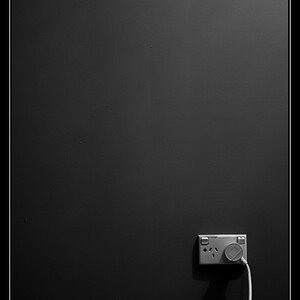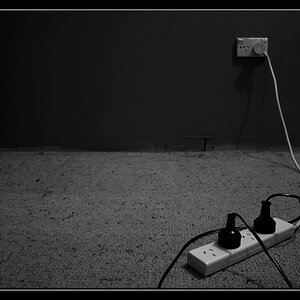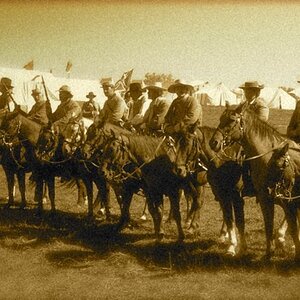bribrius
Been spending a lot of time on here!
- Joined
- Jan 12, 2014
- Messages
- 8,709
- Reaction score
- 1,311
- Can others edit my Photos
- Photos NOT OK to edit
what if your other job pays 10 million a yearI'm talking real pro, not someone who has picked up a digital camera and calls himself a pro after one job you need to be earning 50+ % of your total income to be classed as pro


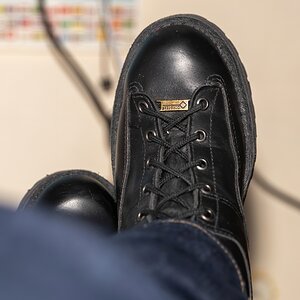
![[No title]](/data/xfmg/thumbnail/41/41923-ddfdc5596c5073ae69761e32124481cf.jpg?1619739945)





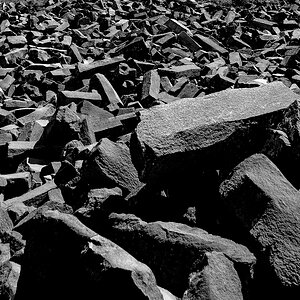
![[No title]](/data/xfmg/thumbnail/31/31977-2b717e032201241cbeae8226af23eba4.jpg?1619735136)
